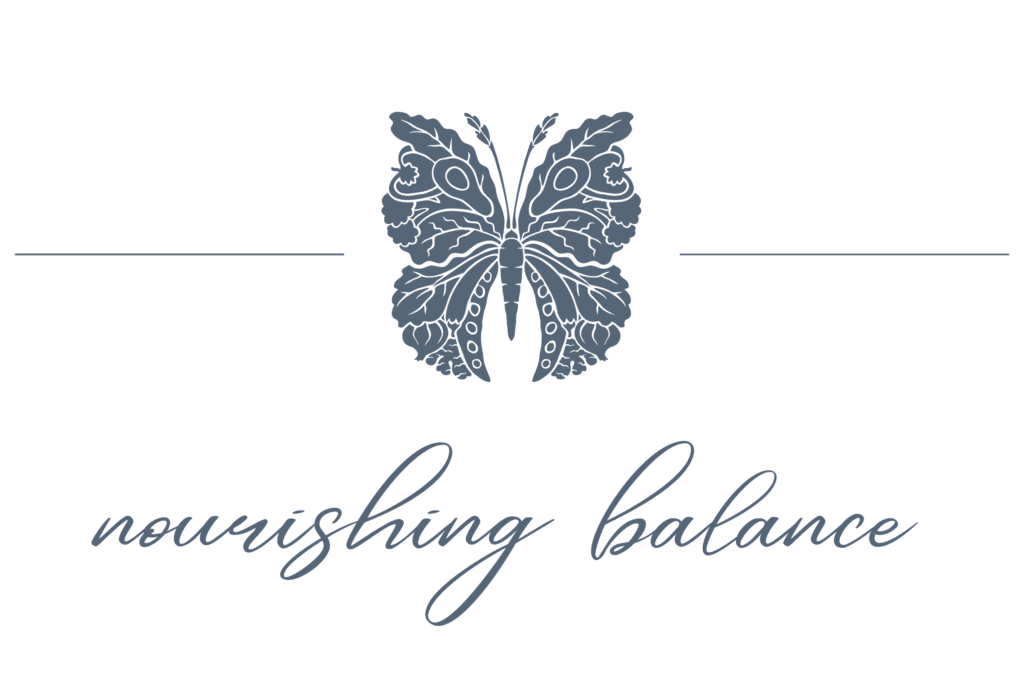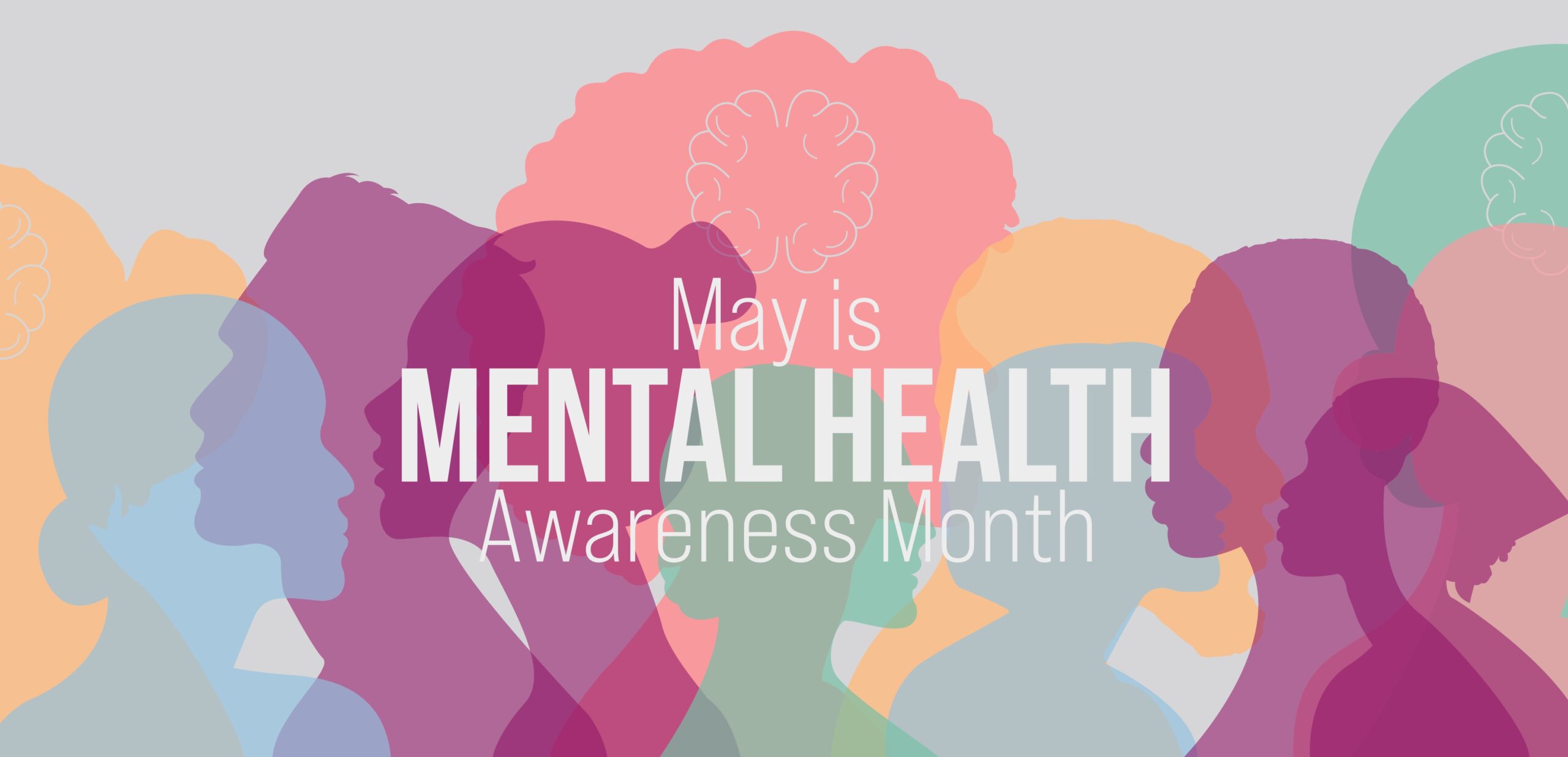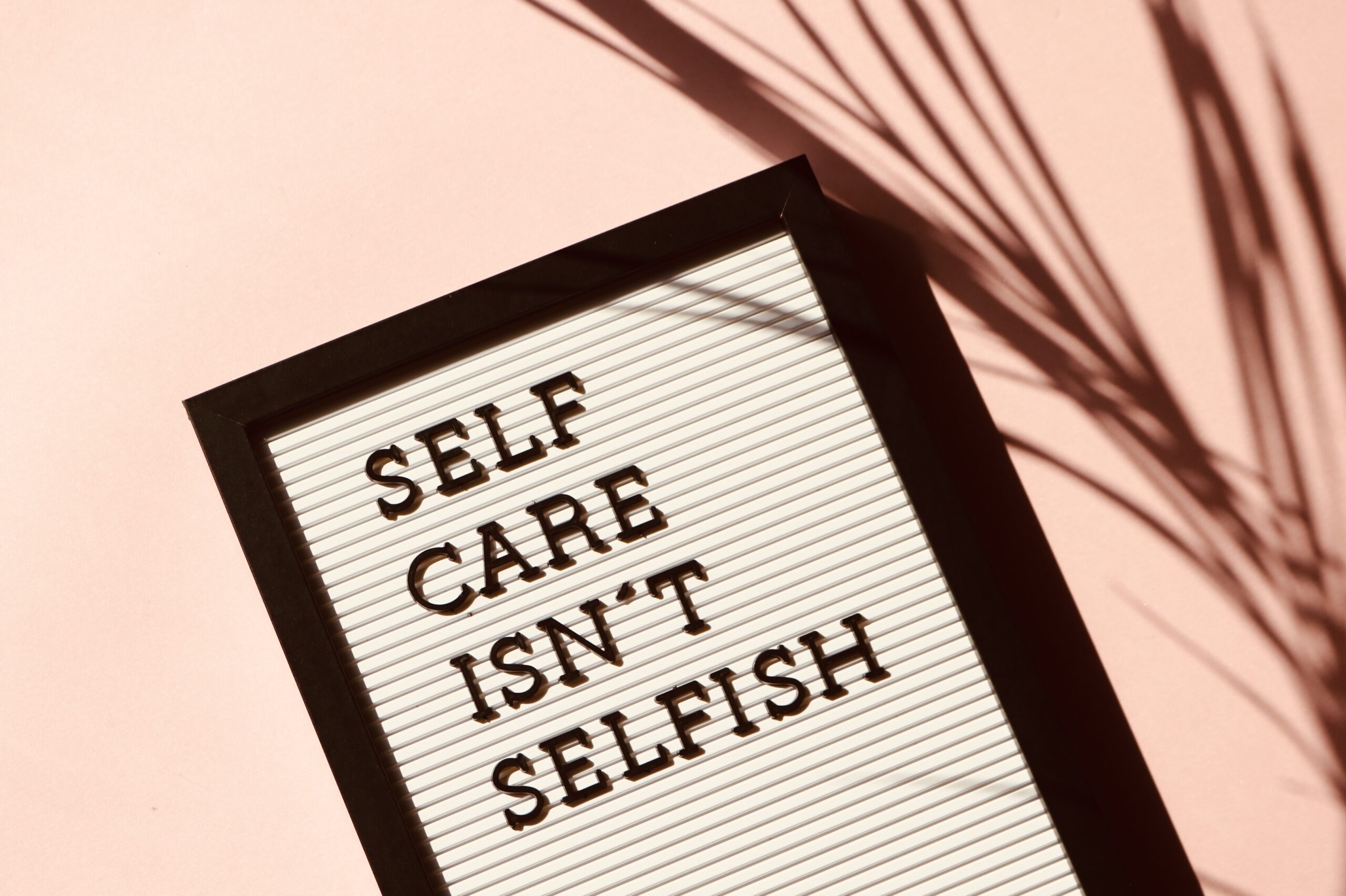When we think of mental health challenges, we often picture intense, visible struggles—panic attacks, deep sadness, or emotional breakdowns. But the truth is, mental health issues aren’t always loud or obvious. Many people quietly live with anxiety, burnout, or depression without ever realizing they’re suffering.
You might be functioning on the outside—going to work, replying to messages, and managing your responsibilities—yet still feel disconnected from yourself. That invisible weight you’re carrying? It’s real, and it deserves your attention.
4 Quiet Signs of Mental Health Struggles
1. You Might Feel Numb, Not Just Sad
Not everyone experiences mental health issues through crying or panic. Emotional numbness is a common symptom of stress, trauma, or burnout. You might feel emotionally flat, like you’re on autopilot, or watching your life rather than living it.


2. High-Functioning Doesn’t Mean You’re Okay
Maybe you’re holding it together on the outside. You’re productive, responsible, and people rely on you. You check things off your to-do list. You’re always “on.” But inside, you’re tired, not just physically, but emotionally.
If this sounds familiar, it’s not because you’re broken. It’s because high-functioning doesn’t mean you’re emotionally well. Overworking, overachieving, or staying constantly busy can become a way to avoid sitting with difficult feelings. Just because you can manage doesn’t mean you should have to do it alone.
Learn more about high-functioning anxiety and how therapy can help
3. Quiet Withdrawal
Quiet withdrawal can look like gradually stepping back from your usual connections. You might stop making plans, feel drained by simple interactions, or put off responding to messages for days. You may keep telling yourself, “I’ll check in with them later,” but later never comes.
It doesn’t always look like isolation. Sometimes you’re still in the group chat, still showing up to work, still saying “I’m fine.” But internally, it feels like you’re somewhere else.
This isn’t something to shame yourself for. It’s often your system’s way of protecting itself. The key is to notice it with compassion, not criticism.
4. You Don’t Have to Wait Until It Gets Worse
One of the biggest misconceptions about mental health is that you need to wait until you’re in crisis before getting help. Feeling off, stuck, disconnected, or not like yourself is more than enough reason to seek support.

At Nourishing Balance, we understand that mental health struggles often show up quietly. Whether you’re feeling numb, emotionally distant, or unsure why things feel heavy, you don’t have to navigate it alone.
If you’re new to therapy or find yourself in any of these experiences, our team of client-centred, collaborative therapists are here to meet you where you’re at. We can help you explore what’s going on beneath the surface and support you in identifying goals that feel meaningful and manageable.


Reflection: When was the last time you felt grounded or emotionally present? What helped?
Try identifying one small practice or habit that supports that feeling, like stepping outside, journaling, or having an honest conversation. This week, give yourself permission to return to it, not as a task, but as a gentle way to reconnect with yourself. Sometimes the smallest shifts create the most meaningful impact.



